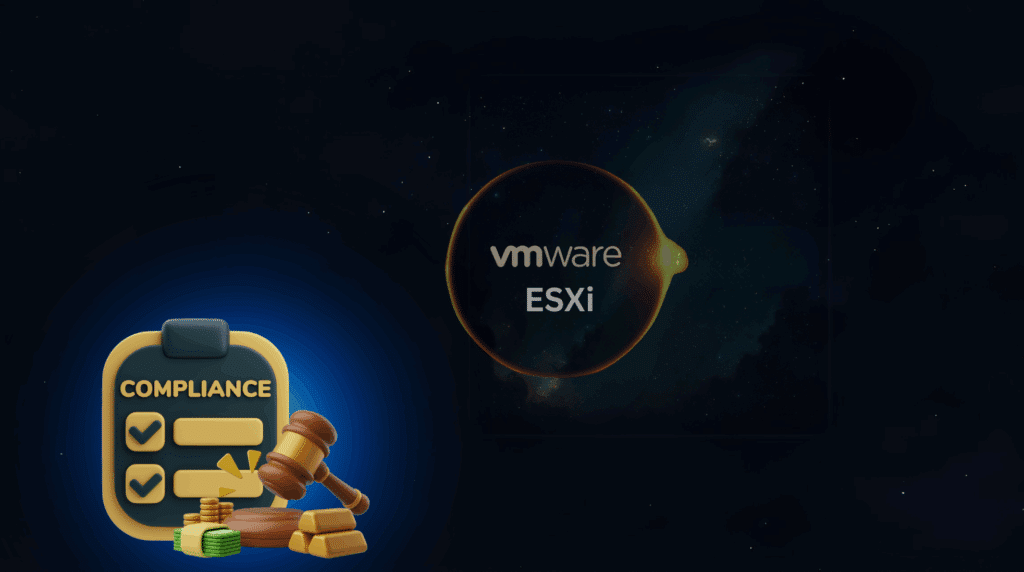Broadcom’s Cease-and-Desist Letters to VMware Perpetual License Holders

Broadcom’s recent actions have sent ripples through the IT community. Following its acquisition of VMware in November 2023, Broadcom has been actively enforcing its new licensing policies, particularly targeting users of perpetual VMware licenses without active support contracts. This enforcement has taken the form of cease-and-desist letters, raising concerns and prompting discussions about software asset management (SAM) practices.
The Shift from Perpetual to Subscription Licensing
Historically, VMware offered perpetual licenses, allowing customers to use the software indefinitely with optional support contracts. However, Broadcom’s acquisition marked a strategic shift towards subscription-based licensing models. This transition aims to provide more predictable revenue streams and align with industry trends favoring Software-as-a-Service (SaaS) offerings.
Under the new model, customers are encouraged—or compelled—to transition to subscription licenses, which include ongoing support and updates. This shift has significant implications for organizations that previously relied on perpetual licenses, especially those without active support agreements.
Cease-and-Desist Letters: A New Enforcement Approach
Broadcom’s enforcement strategy involves sending cease-and-desist letters to organizations using VMware products under expired support contracts. These letters assert that continued use of updates, patches, or any support-related services beyond the contract’s expiration constitutes a breach of the licensing agreement and an infringement of intellectual property rights. Recipients are instructed to cease such use immediately and warned of potential legal consequences, including audits and claims for damages.
This approach has raised eyebrows, particularly because some organizations report receiving these letters shortly after their support contracts expired, and in some cases, even after transitioning away from VMware products. The aggressive nature of these communications has led to concerns about customer relations and the broader implications for software licensing enforcement.
Implications for Software Asset Management
The situation underscores the critical importance of robust software asset management practices. Organizations should consider the following steps:
- Review Licensing Agreements: Ensure a thorough understanding of current licensing terms and conditions, including any changes resulting from vendor acquisitions or policy shifts.
- Monitor Support Contract Status: Keep track of support contract expiration dates and understand the implications of lapsed agreements on software usage rights.
- Evaluate Licensing Models: Assess the cost-benefit analysis of transitioning from perpetual to subscription licenses, considering factors like support needs, update requirements, and budget constraints.
- Explore Alternative Solutions: Investigate other virtualization platforms or open-source alternatives that may offer more favorable licensing terms or better align with organizational needs.
- Engage Legal Counsel: In cases of uncertainty or receipt of legal notices, consult with legal professionals to understand rights, obligations, and potential courses of action.
Broadcom’s enforcement of its new licensing policies through cease-and-desist letters serves as a stark reminder of the evolving landscape of software licensing. Organizations must proactively manage their software assets, stay informed about licensing changes, and be prepared to adapt to new models to ensure compliance and avoid unexpected legal challenges.
By prioritizing software asset management and staying vigilant, organizations can navigate these changes effectively, maintain operational continuity, and make informed decisions about their IT infrastructure.










